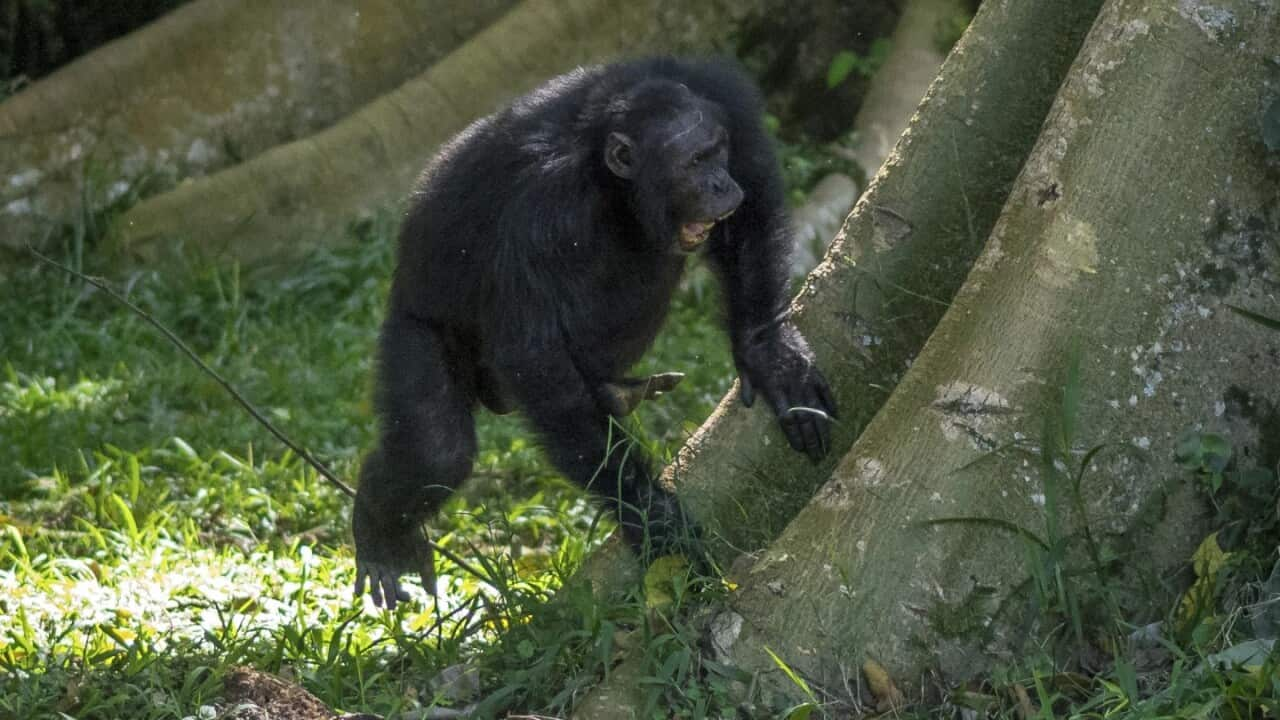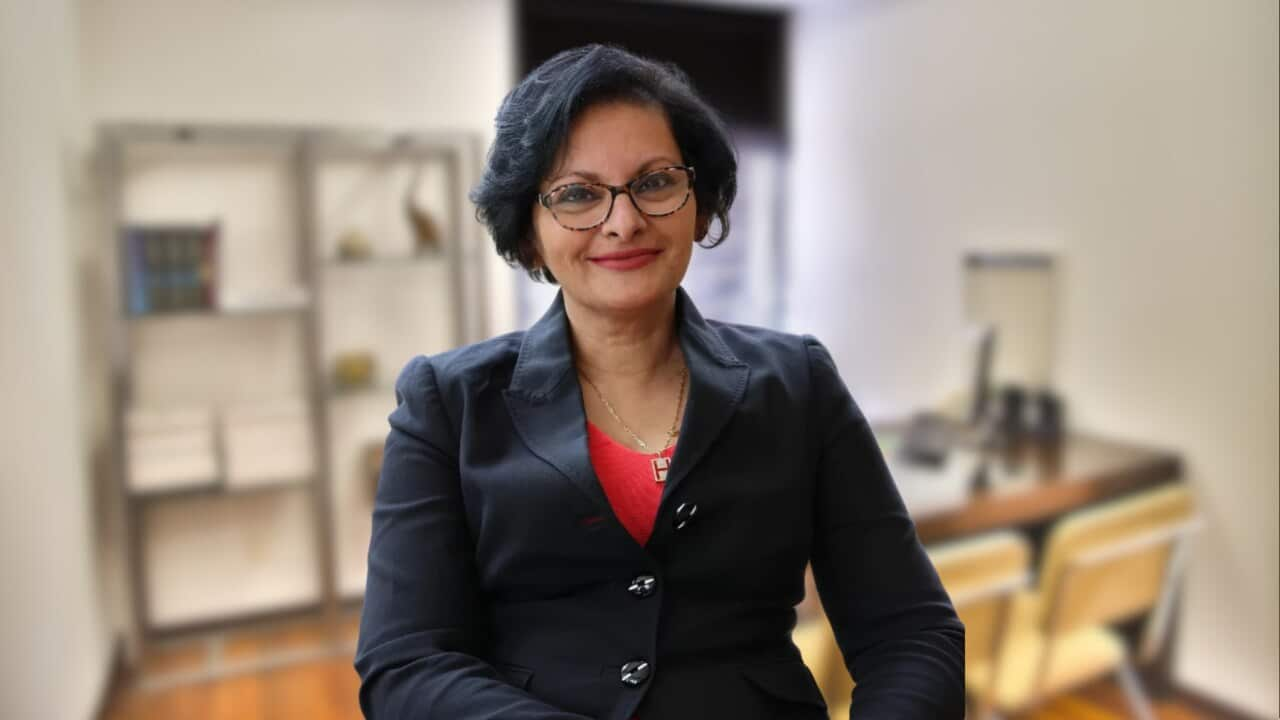TRANSCRIPT
Croatian-born Mario Raspor is 93 years old.
It's been nearly 30 years since his doctor encouraged him to do a PSA (Prostate-Specific Antigen) blood test, which screens for early signs of prostate cancer.
"I said: 'I'm going to do the test and see what happens'. And that shows PSA was a bit high. Then I went on treatment, slowly."
Mr Raspor was diagnosed before the cancer had spread to other parts of the body - and he was able to avoid surgery.
"Well, I felt fear, of course I did. I'm not that strong, to ignore that. In the beginning was scary, of course. Because I heard from other people. Then I put myself in my head, that this is my life, I'm going to carry on as it comes and it goes. That's many years now, and I'm still here!"
Hormone therapy now helps keep the cancer at bay, and he manages his side effects through exercise and a healthy lifestyle.
While Mr Raspor was able to identify and treat the cancer at an early stage, research from Monash Rural Health, has found men from migrant backgrounds are much less likely to be diagnosed early.
Dr Eli Ristevski is the lead researcher on the project.
"Men from culturally and linguistically diverse backgrounds, particularly those who didn't speak English as a first language, had more advanced disease at diagnosis."
The study looked at data from nearly 26,000 Victorians diagnosed with prostate cancer between 2009 and 2022.
It found people born in non-English-speaking countries were 17 per cent more likely to be diagnosed with cancer at an advanced or high-risk stage.
And those migrants who prefer to speak a language other than English were 54 per cent more likely to be diagnosed with advanced prostate cancer.
Dr Ristevski says there are multiple contributing factors, including language barriers and stigma.
"People can be worries about cancer, worried about what a cancer diagnosis means. There can be embarrassment and a lot of cultural factors like that as well. The tests have changed and cancer treatment has changed so much in the last 20 years, and is constantly changing. So people can sometimes hold on to old ideas about what's involved in screening; and if you are diagnosed, what your treatment might be."
Prostate cancer is the most common cancer affecting Australian men, with 1 in 6 diagnosed with prostate cancer by the age of 85.
While it can be relatively easy to treat, urologist Dr Richard Savdie says early diagnosis is key to improving treatment options and chances of survival.
"Prostate cancer diagnosis starts with a simple PSA test, with your GP. And that is a blood test. And based on your blood test results, patients can then be referred on to a urologist for further testing. So if you diagnose prostate cancer at an early stage, your five-year survival approaches 100 per cent. If you're diagnosed with metastatic disease (advanced stage), your 5-year year survival drops dramatically to 32 per cent."
Dr Savdie says the research from Monash Rural Health in Victoria points to a consistent trend across the country when it comes to migrants accessing screening services.
"Communities in New South Wales and in all states and territories in Australia would be affected the same as this Victorian study is showing. And that's due to language barriers, health literacy and cultural fears around cancer diagnosis."
Dr Ristevski says new, culturally appropriate health education and communication programs are needed to ensure language and cultural background no longer impact chances of survival.
"By involving people from those communities within the development, design, implementation and also evaluation of those programs, you'll get better results."
Mr Raspor says while the diagnosis was initially a shock, the daily reality of living with and managing prostate cancer is not nearly as frightening.
"I've finished my exercise day, so I'm going home. I'm going to have something to eat, do a bit of gardening for half an hour, one hour, or even more. Then, that's my day."













